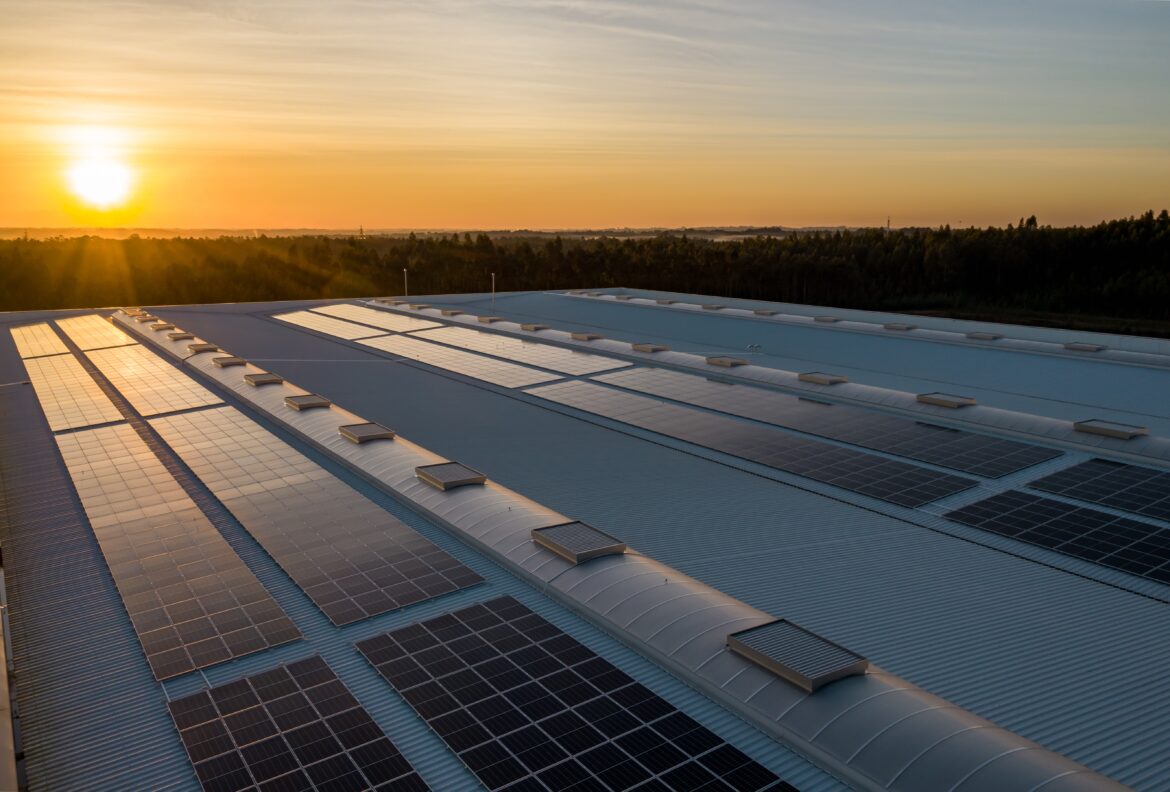A CEO of a major solar company recently came up with three proposals for increased development of solar energy in Sweden: 1) Implement a requirement for solar panels on all public buildings;
2) Introduce a requirement for solar panels in new construction – both residential and commercial buildings: and
3) Expand the green tax deduction so that it can be used for all types of housing and income levels.
All of the suggestions are quite unnecessary and would be detrimental to Sweden, and therefore should be rejected.
Let’s start by acknowledging that the expansion of solar energy is progressing rapidly in both Europe and Sweden. In Europe, new installations increased by 47% last year. In Sweden, growth in the first quarter was 160% compared to the same period the previous year. The problem is not a lack of construction but rather the uncertainty of whether the industry can keep up with an annual growth rate of over 100%, which few industries can handle. There are already reports of year-long queues to install solar panels. A more reasonable policy, therefore, is to expand education to supply the workforce instead of putting extra money into the pockets of people who are already willing to pay for solar energy.
In my own research, I have definitely seen that subsidies can be justified for green technologies in an initial stage to promote technological development and dissemination. Solar energy has reached a point where subsidies are no longer necessary. With a cost reduction of around ten percent per year for a decade and continuing price reductions, cost is becoming a shrinking problem. If subsidies are given, it would only be money going into the pockets of producers; money that is needed for other aspects of the green transition.
An absolute requirement for installing solar panels on new houses nationwide reflects a centrally planned mindset that has been discredited for over thirty years. It may sound like a good plan, but in a country that stretches two hundred miles, solar conditions and the locations of the properties to be built on vary. In some cities, neighboring buildings may cast significant shadows, or the house may be located in an electricity surplus area where prices reflect that abundance. Solar panels are in demand, and we do not need to force people to install them since the market has already solved this.
It is important to recognize that the transition to solar energy should not solely rely on subsidies and mandates. While these measures may initially boost the adoption of solar power, they can create artificial market conditions and hinder the development of innovative solutions. Instead, a more market-driven approach that encourages competition and technological advancements would lead to sustainable growth in the solar energy sector.
Furthermore, a blanket requirement for solar panels on all new buildings may not be the most effective strategy. As mentioned earlier, the geographical and environmental factors vary across Sweden, which means that solar energy may not be the most viable or cost-effective option in every location. Implementing such a requirement without considering these factors could lead to inefficiencies and wasted resources. It is more prudent to allow flexibility and provide incentives for property owners and developers to assess the suitability of solar energy on a case-by-case basis, considering factors such as solar potential, building orientation, and local energy demand. This approach would promote the most efficient use of solar energy resources and ensure that investments are made where they can have the greatest impact.
The future of solar panels is bright. They do not require either requirements or subsidies to be installed. However, a rapidly expanded workforce would help solve some bottlenecks. We can’t blame a CEO for trying to get more business to his company, but we should not give in – the green transition is way too important.
